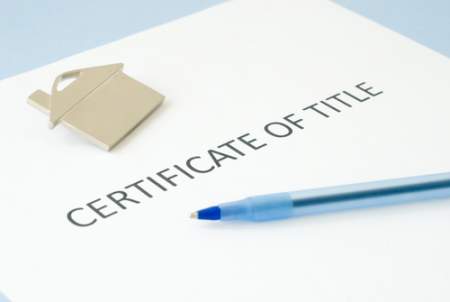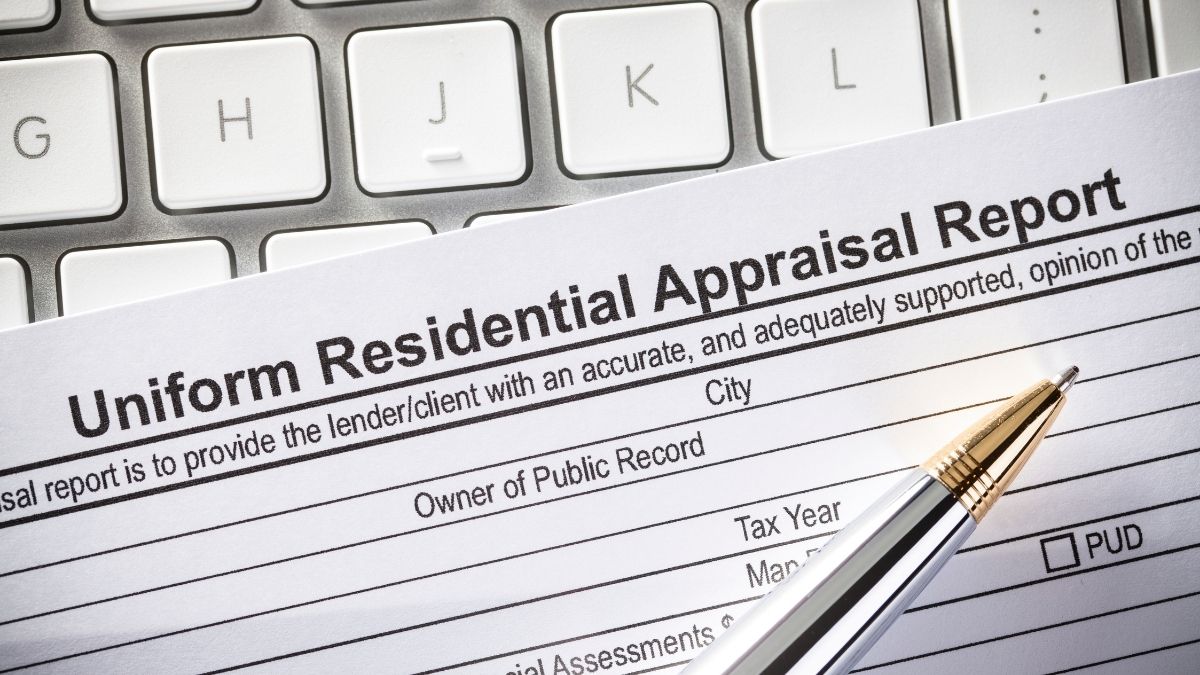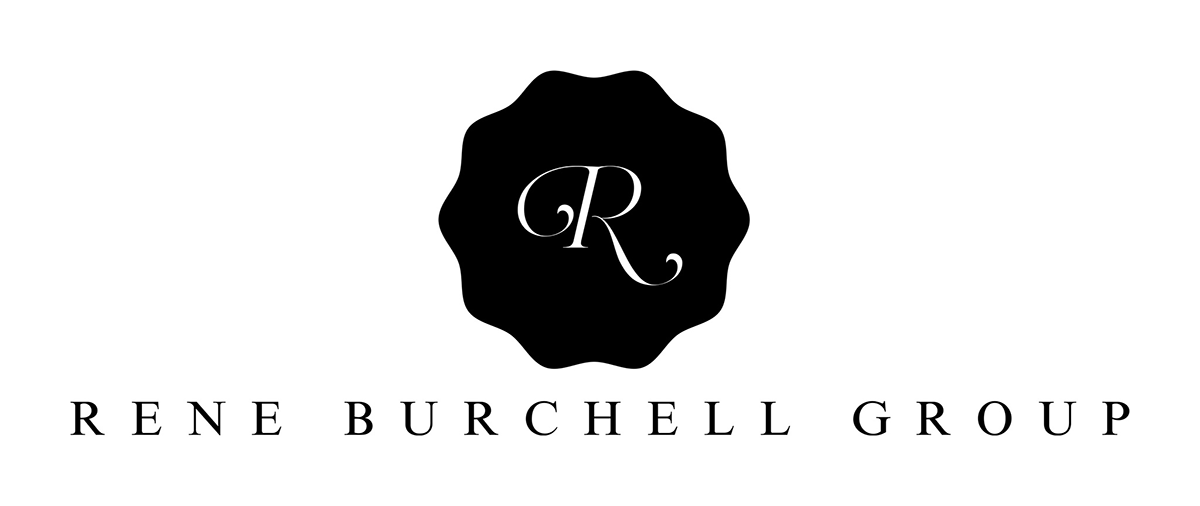There are many reasons why people choose to sell their homes. Some may have outgrown their current residences and either need something bigger or something smaller. Others may need to move to a new location because of a change of jobs. Certain sellers are motivated by the need to start over somewhere else.
One of the questions most commonly asked in many real estate transactions is “what happens to the money when a house is sold?” You might start anticipating your payment almost as soon as you’ve accepted an offer. In reality, it can take a few weeks or even months before you see your proceeds from the sale.
Selling a home in Texas isn’t always easy. You have to pay attention to current market trends and establish an asking price that’s reasonable according to the current demand for similar houses in your area. There may also be delays or unexpected issues that arise along the way. Staying determined, patient and focus can help you navigate successfully to your goal.
Closings aren’t conducted immediately. It may take anywhere from three to six weeks from the time that the seller accepts an offer until the transaction can be finalized. There are several other important tasks that need to happen first.
Here are a few things to know about what really happens to the money after a home has been sold:
1. A title search.
A title agent will conduct a search of the property’s title. This is done to ensure that the seller is the legal owner of the property and that there are no other outstanding claims or liens against the home.
Home sellers have the option of purchasing title insurance policies to protect themselves in case any claims by third parties are discovered.

2. A home inspection.
A licensed inspector will examine the home’s interior and exterior condition. Both the home seller and buyer should be present at the inspection. The inspector will provide a report with their findings to both parties.
If there are significant items that need to be addressed, the home buyer and seller can work together if these issues will be handled by the seller, the buyer or if both parties will share responsibility.
Certain sellers may decide to negotiate a lower sale price in exchange for having the home buyer take care of all necessary upgrades and/or repairs.
3. A home appraisal.
A home appraisal should also be scheduled. A qualified appraiser will come to your home to assess the fair market value of the property. This is done to make sure that the purchase price either matches or is reasonably close to the value of the house.

4. The seller has to move out.
The home seller will have a certain amount of time to move to a new location before the closing has been completed.
The length of time can vary depending on the arrangement and the state where you live. Some sellers may write in their purchase agreements that the transaction is contingent upon their purchase of a new home.
5. A final walk through of the home.
The home buyer will have a final walkthrough of the home with their agent. This is usually done a day or two before the closing paperwork is signed.
Walkthroughs are held to ensure that there are no unexpected issues and that any necessary upgrades or repairs have been completed.

6. Closing.
All final documents are signed by the closing date. Paperwork is filed with the appropriate offices and transfer of the property’s ownership begins. This is also when the buyer receives the keys to their new house.
Home sellers receive payment after closing. During that process, the buyer’s mortgage lender will approve and fund the home loan. The buyer and seller will sign all final paperwork. The buyer will also receive the keys to their new home.
Depending on where you live, it may take a few days for sellers to receive their proceeds. Most states are considered wet funding states, including Texas. Home sellers in wet funding states can receive their proceeds from the sale on closing day.
The mortgage lender has verified the home buyer’s information and the necessary funds will be sent to your closing agent as soon as possible. Wet funding states allow lenders to make money for a property transaction as soon as when the ink is wet on the closing documents.

Nine states are classified as dry funding states. These states are Alaska, Arizona, California, Hawaii, Idaho, Nevada, New Mexico, Oregon and Washington.
Dry funding states usually have a waiting period between the time when closing documents are signed and the seller receives payment. This gives the lender enough time to review the buyer’s information and then approve the loan. This waiting period can last up to four days.
Once the loan has been approved by the home buyer’s lender, the seller will receive their funds. The money is placed in an escrow account by the closing agent until the transaction has been finalized.
An escrow is a temporary financial account that’s controlled by a third party on your behalf. Your closing agent may be a title company officer, an escrow agent or a real estate attorney. After the closing has been completed, you will receive the proceeds from the sale from the closing agent.
Home sellers receive their payment either by paper check or through a wire transfer. Paper checks are handed to sellers on the closing day in most instances. If you choose this option, just remember that your bank might not add the funds to your account right away.
Any check deposits over $5,525 can legally be held for as many as seven business days. Wire transfers are quicker. The funds usually reach bank accounts within 24 to 48 hours, depending on when they were sent. Transfers sent after a particular bank’s closing time will be processed on the following business day.
There are different costs that home sellers are responsible for.
It’s comforting to have a nice lump sum of money in the bank, but remember that you won’t receive the entire sale price for your home. There are different costs that home sellers are responsible for. Some of the most common components are:
- Realtor commissions.
Sellers are responsible for paying their realtor’s commissions from the sale, Typical real estate agent commissions from home sales are about 2 to 4 percent of the home’s sale price. You can always negotiate with your realtor for a lower commission rate if necessary.
- Title insurance.
Title insurance policies are taken out to cover home sellers in case there are any problems with the home’s title. These policies are usually optional but recommended. A title insurance policy can cost anywhere from $1,000 to $5,000 or more.

- Title search fees.
A title agent will conduct a title search. This is done to confirm that the home seller is indeed the rightful owner of the home. It could also identify any other parties who may have claims against the property. Title search fees are usually about $200 to $400.
- Transfer tax.
Transfer taxes are separate from property taxes. Depending on where you live, your state may assess this tax for the transfer of property from one party to another. Transfer taxes vary from state to state, but are generally around $500 or less.
- Escrow fee.
An escrow fee is charged by the closing agent for hosting the sale. This fee is typically split evenly between the home seller and home buyer. Most escrow fees are about 1/2 to 1 percent of the home’s sale price.
- Any pro-rated property taxes, utilities or homeowners’ association dues.
You may be required to pay pro-rated portions of property taxes, homeowners’ association fees, utility bills and other charges before the closing has been completed. These fees will depend on the organization and when the closing has been completed.
You should inform your homeowners’ association, utility companies and local or state government offices that are responsible for property tax collection so that you can at least get a good estimate of the amounts that will be due.
It’s up to you whether or not you want to help the home buyer with their closing costs. These costs generally run about 2 to 5 percent of the home’s sale price. Home sellers are also responsible for paying taxes for the sale in certain conditions.
The first conditions are that you can exclude up to $250,000 in capital gains taxes if filing individually or $500,000 if filing jointly as a married couple. To qualify for this exemption, you need to have owned the property for at least the last two years and have used the home as your primary residence for at least two of the last five years (the two years don’t have to be consecutive).
Another condition is that you can’t omit any profits made from the sale of any other homes that you’ve owned in the last two years.
The proceeds from the sale of your home are yours to use as you wish. They can be applied toward a down payment for another home. They could be set aside for a long vacation or just saved for a rainy day. Whatever you decide, you can rest easy knowing that the transaction has finally been completed. You can move forward with the next chapter of your life.
Have Questions? Ask Rene!




